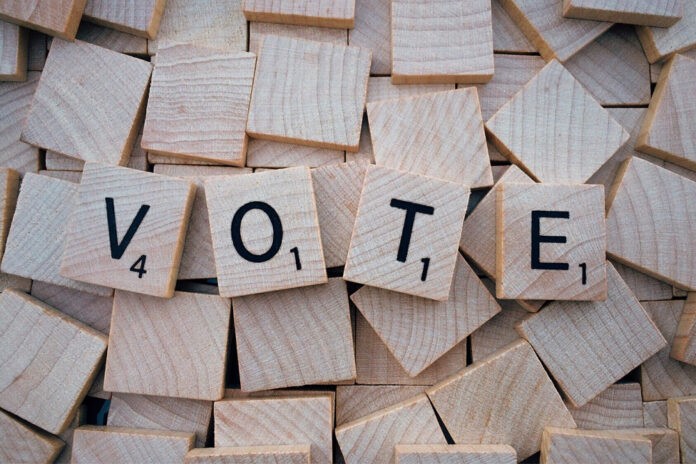- Uniswap just completed its first governance vote a few hours ago.
- Unfortunately, the vote resulted in failure, with the project needing only 1% more votes to succeed.
- Interestingly enough, the vote was about reducing the number of needed votes and funds for starting a new vote.
The largest DeFi project, a decentralized exchange Uniswap, recently completed its first governance vote. Unfortunately, the vote ended in failure, even though the proposal received extremely high support, where 98% of votes were cast. The project fell short by roughly 1% of the 40 million votes threshold, but according to its own rules, this simply wasn’t enough.
Uniswap’s First Vote is Unsuccessful
The poll actually ended only a few hours ago, with 39,596,759 voting in favor, and 696,857 network participants voting against the proposal to reduce UNI governance. As mentioned, the poll needed 40 million to be in favor.
In fact, DeFi blogger Danger Zhang called it the “DeFi equivalent of winning the popular vote but losing the electoral college.”
This is the DeFi equivalent of winning the popular vote but losing the electoral college. https://t.co/0V9rF4NqZH
— 𝕯𝖆𝖓𝖌𝖊𝖗 (@safetyth1rd) October 19, 2020
Interestingly enough, the proposal itself wanted to reduce the number of UNI tokens that were necessary for submitting and passing proposals. It came from Dharma, an open-source lending protocol that is actually quite a large UNI holder.
How does Uniswap Voting Work?
As some may already know, Uniswap proposals can currently only be made by those who hold the minimum amount of 1% of the token’s entire circulating supply. That amounts to 10 million tokens, and in total, their worth is approximately $30 million.
In order for a vote to be successful, it needs to surpass 40 million total votes, or $130 million. Dharma apparently thought that this is too much, and its recommendation was to reduce the threshold so that holders would be able to suggest upgrades if they held a minimum of 3 million ($9m). At the same time, the number of supporting votes needed for a proposal to pass would be lowered as well, to 30 million ($100m).
Now, it appears that it won’t happen, at least not in this vote. Dharma’s CEO, Nadav Hollander, said that the vote had a rather disappointing outcome, which demonstrates the reason why the proposal was submitted in the first place.
A disappointing outcome that demonstrates the impetus for the proposal in the first-place:
Despite the vote having 85+% turnout (!), >95% support, with 272 voting FOR and 48 voting AGAINST, the vote still failed.
There is a silver lining, though… https://t.co/iXZgwxC5da
— Nadav Hollander (@NadavAHollander) October 19, 2020
Not to mention a large number of those who did not participate in the voting.















